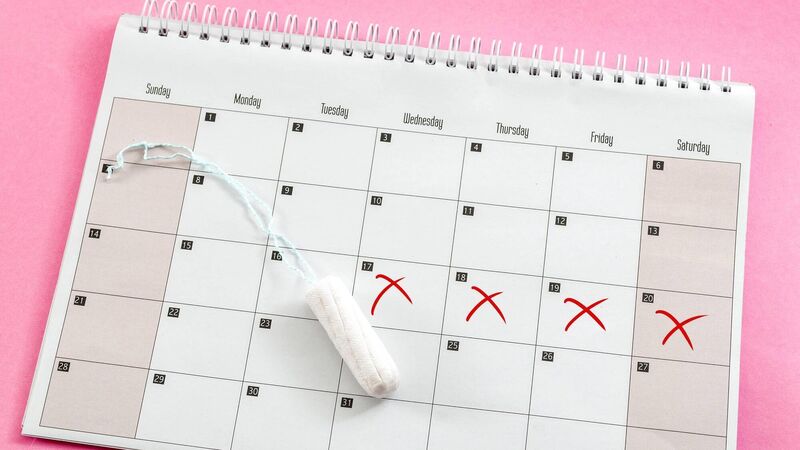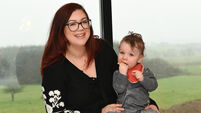Joanna Fortune: How do I talk to my nine-year-old daughter about periods?

It is beneficial to start these conversations as early as possible
I’d like to start a conversation with my nine-year-old daughter about periods and puberty in an age-appropriate way. What would you recommend?










